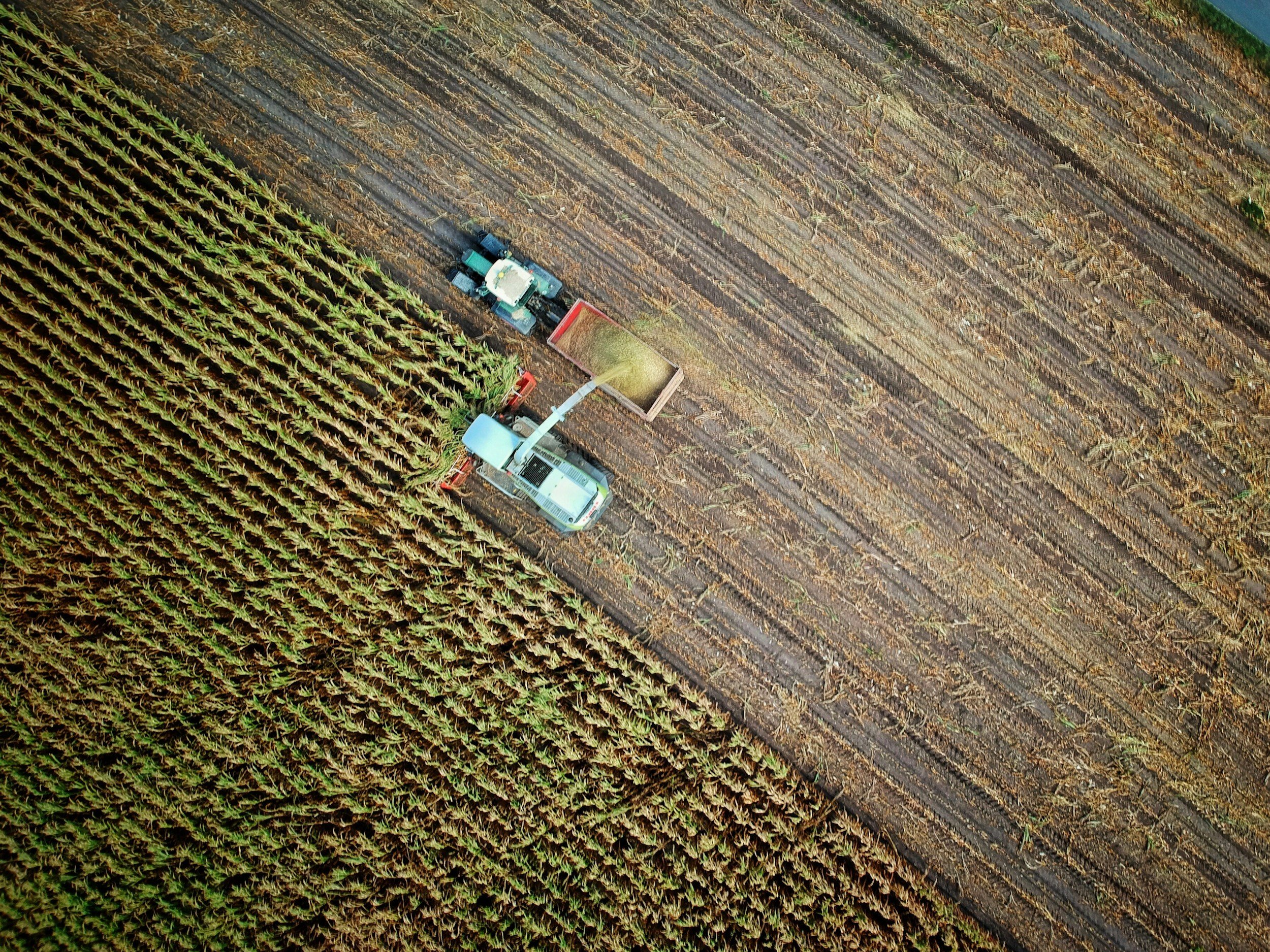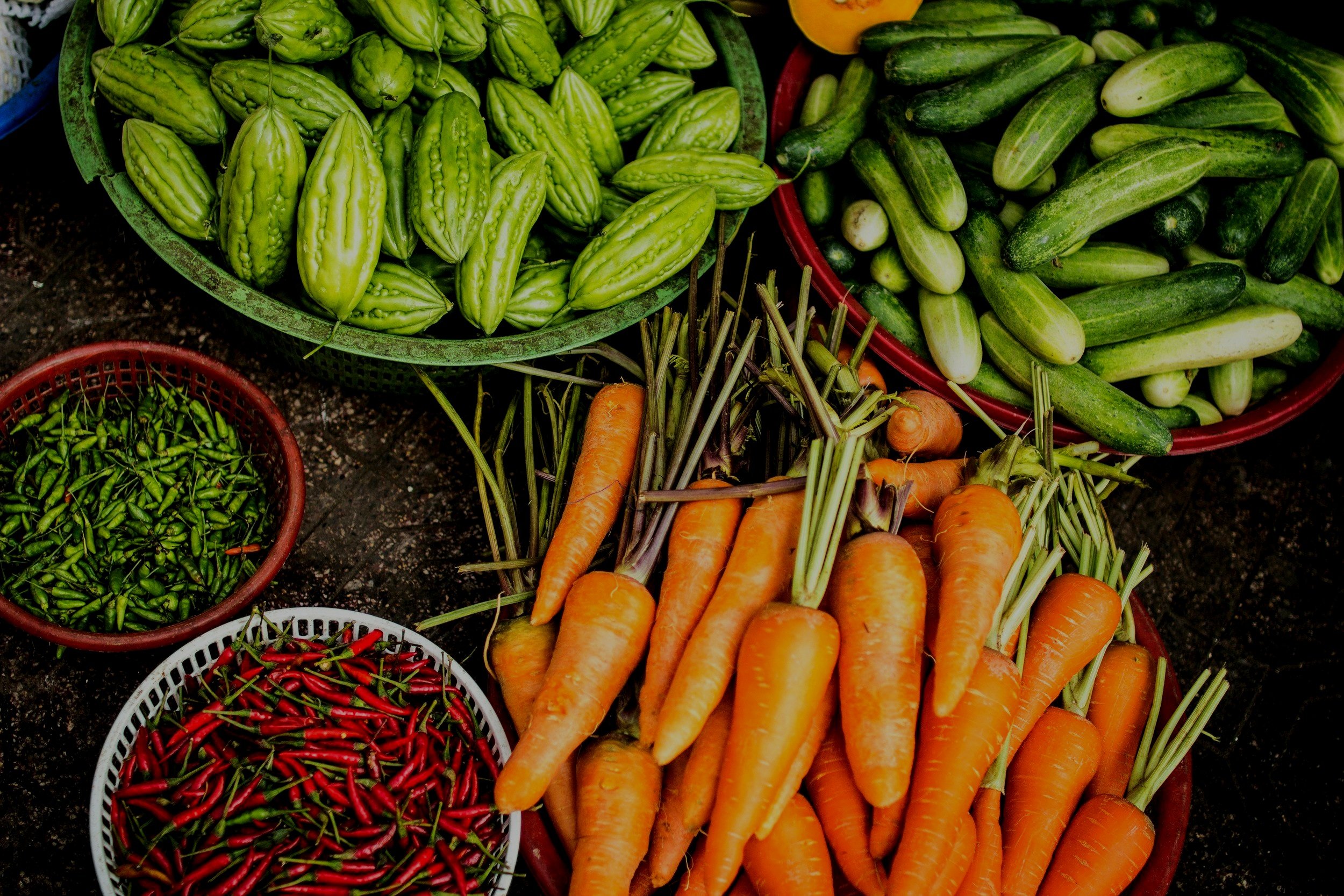Maine Department of Environmental Protection: Food Loss & Waste Generation Study
Client
Maine Department of Environmental Action
Industry
Public & Government Agencies
Our Role
Quantifying and characterizing Maine's Food Loss and Waste
The Challenge
Increasing diversion of food loss and waste to reach sustainability goals
The Maine Department of Environmental Protection (DEP) was tasked with advancing its waste management strategies and reducing greenhouse gas emissions by improving food recovery and encouraging food waste diversion. To achieve this, DEP required a comprehensive statewide study to characterize surplus food and food scraps across commercial, residential, and institutional sectors. This data will support future infrastructure improvements and help meet Maine's waste reduction and recycling goals. The main goals and considerations were:
Characterization Goals: DEP aimed to understand the sources, quantities, and types of surplus food and food scraps generated across commercial, residential, and institutional sectors.
Emissions Impact Assessment: Evaluated the potential emissions reductions from diverting surplus food and food scraps from landfills.
Infrastructure Improvement: Used the data to inform necessary infrastructure upgrades to enhance food recovery and meet waste reduction and recycling goals.
Organic waste makes up over 40% of Maine's solid waste stream, posing significant environmental, economic, and societal challenges.
Strategic Approach
Our data-driven methodology ensures a comprehensive and actionable assessment of Maine's food waste.
The Maine Department of Environmental Protection engaged RRS to conduct a statewide study on surplus food and food scraps. This included analyzing the sources, quantities, and types of waste, evaluating the potential emissions impact of diversion strategies, and identifying necessary infrastructure improvements to enhance food recovery and reduce greenhouse gas emissions.
Waste Characterization: Analyzed food waste using existing data and statistical methods to estimate generation across sectors.
Sector Analysis: Conduct interviews and site assessments with key entities to refine waste estimates and understand practices.
Site & Sector Evaluation: Validated and enhanced data with on-site assessments and interviews, focusing on actual waste volumes and diversion methods.
Report Preparation: Included food waste characterization, regional maps, and recommendations for infrastructure improvements in the final report.
"Working with Maine Department of Environmental Protection was exceptional; we landed our expertise and collaborative approach to help translate data into actionable strategies to advance Maine’s sustainability goals."
-Coryanne mansell, RRS COnsultant
Outcomes
Project Success, Ongoing Improvements, and Commitment to Sustainability
RRS structured a comprehensive study to quantify and categorize surplus food and food waste in Maine. This study aimed to support the State of Maine's goals of reducing greenhouse gas emissions and moving food waste up the food recovery hierarchy. The RRS team, along with the University of Maine and the Center for EcoTechnology, provided insights into food waste generation across the state, laying the groundwork for strategic infrastructure improvements.
Phased Implementation Plan: Developed a comprehensive plan to assess and categorize surplus food and food waste in Maine.
Quantitative Analysis: Conducted a statistical food waste analysis, leveraging existing data and new interviews to pinpoint regional waste hotspots.
Strategic Collaboration: Worked closely with local institutions to identify key areas for infrastructure development and emissions reduction.
As a result, the study provided a detailed understanding of the food waste landscape in Maine, identifying critical areas for intervention and setting the stage for future infrastructure enhancements. The commitment to sustainability is evident in ongoing efforts to refine strategies and reduce food waste across the state. This information will guide future infrastructure investments, focusing on reducing surplus food, enhancing recovery efforts, and mitigating greenhouse gas emissions.
361K
tons of food loss & waste generated annually in Maine
61%
of Maine's food loss & waste are generated by residential & agricultural sectors
37%
of total waste is from commercial businesses
The Team
A dedicated team from RRS collaborated closely with the State of Maine Department of Environmental Protection throughout the study.
This multidisciplinary team included Leadership Team Members, Food Waste and Sustainability Experts, Data Analysts, and Local Partners from the University of Maine and the Center for EcoTechnology. Each member brought specialized expertise to ensure the study's success, from statistical food waste analysis to identifying infrastructure needs and environmental impact. The team's combined efforts and deep local knowledge were instrumental in providing actionable insights and recommendations for reducing food waste and enhancing sustainability across Maine.











